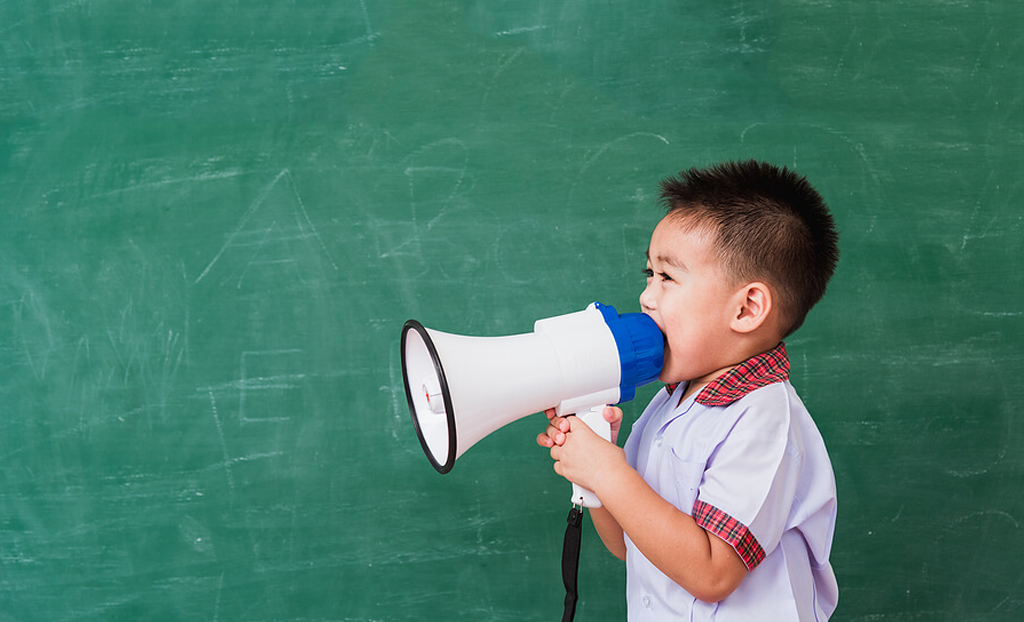A Guide To Speech Therapy For Children: All You Need To Know


A Guide To Speech Therapy For Children: All You Need To Know
One of the most crucial life skills is communication. It is how we comprehend the world around us and express ourselves. Raising children to be confident and clear communicators can help them be understood by others, achieve academically, better express themselves and contribute to their emotional and social well-being.
It is not uncommon for children to require additional assistance in meeting developmental speech and language milestones for their age. Research has found that over 8% of toddlers struggle with communicating, and in many situations, professional support is required to help them overcome these hurdles. In particular, speech therapy is incredibly beneficial for children who are experiencing difficulty with their language and communication abilities.
In this helpful guide, we discuss everything you need to know about speech therapy for children.
What is speech therapy?
As mentioned earlier, speech therapy is used to help an individual with communication and language. For children, speech therapy can help them learn to better express their thoughts and feelings, as well as improve their understanding of non-verbal and verbal language.
Who needs speech therapy?
Speech therapy is frequently initiated if a teacher, parent, or caregiver notices a delay in a child’s present communication ability.
A professional therapist will assess your child’s unique communication issues and set objectives to help them improve their speech and language abilities. The following are some of the common reasons why children undergo speech therapy:
- Articulation disorders: Difficulties with pronunciation.
- Fluency disorders: Difficulties with the flow, rhythm, and speed of speech.
- Resonance disorders: Could appear as speech that sounds overly nasal. This disorder is typically associated with neurological disorders or enlarged tonsils.
- Aphasia: A condition that typically occurs after a head injury or stroke, it is a communication disorder that affects an individual’s ability to understand language (through speaking, reading, and writing).
- Social communication difficulties: Children with social communication difficulties would appear
Signs your child may be falling behind in their communication and language development
As parents, it is vital that you proactively monitor your child’s speech development. When a child fails to fulfil age-appropriate milestones, speech and language deficits develop. These are frequent developmental issues, with studies showing that speech delays impact 10% of pre-schoolers and language delays affect 3%.
A few signs that you can look out for that may indicate that your child is falling behind in their communication development include:
- Having trouble understanding simple directions/verbal requests
- Prefers using gestures over speaking
- Having trouble imitating sounds or is only able to imitate sounds and not able to produce words or phrases
If you suspect that your child may be struggling with their speech and language abilities, it would be best to seek the help of a brain test for children to find out the reasons why your child may be going through a slower learning phase and the steps to help improve it.
How can speech therapy for children help?
The activities and exercises used in speech therapy for children will vary depending on the age of the kid and the challenges he or she is dealing with. The following are some examples of treatment exercises you might expect:
- Language acquisition may be aided by the use of books, pictures, and objects.
- Play may also be used as a tool for language intervention.
- Providing home therapy strategies for parents and caregivers to practise at home to accelerate the child’s speech and language development.
Through the use of these activities, your child will learn new words, how to string them together to form coherent sentences, develop their comprehension and communication skills, as well as improve their self and social confidence.
Singapore Brain Development Centre’s Holistic Approach
If your child is struggling with their speech and development in other areas, Singapore Brain Development Centre’s holistic and integrative program can be incredibly beneficial.
Instead of focusing solely on speech work, our team of educational therapists are equipped with the necessary expertise to deliver a comprehensive therapy program that integrates the physical, language, emotional and cognitive functions of your child. We adopt the Floortime technique in our therapy sessions to develop children’s language and speech skills, particularly in the circles of communication, alongside other skills.
Singapore Brain Development Centre is a local brain development centre that has worked with thousands of students in the past 16 years. With an aim to enhance the brain functions of every child and develop lifelong learners with our individualised cognitive development plans, we offer a range of programs for a variety of conditions. Whether you are looking for right brain training or an effective early childhood intervention program in Singapore, we are committed to helping your child grow and learn.
Click here for more information on our holistic speech therapy for toddlers program. Additionally, feel free to contact us here for further enquiries or to schedule a free consultation.

